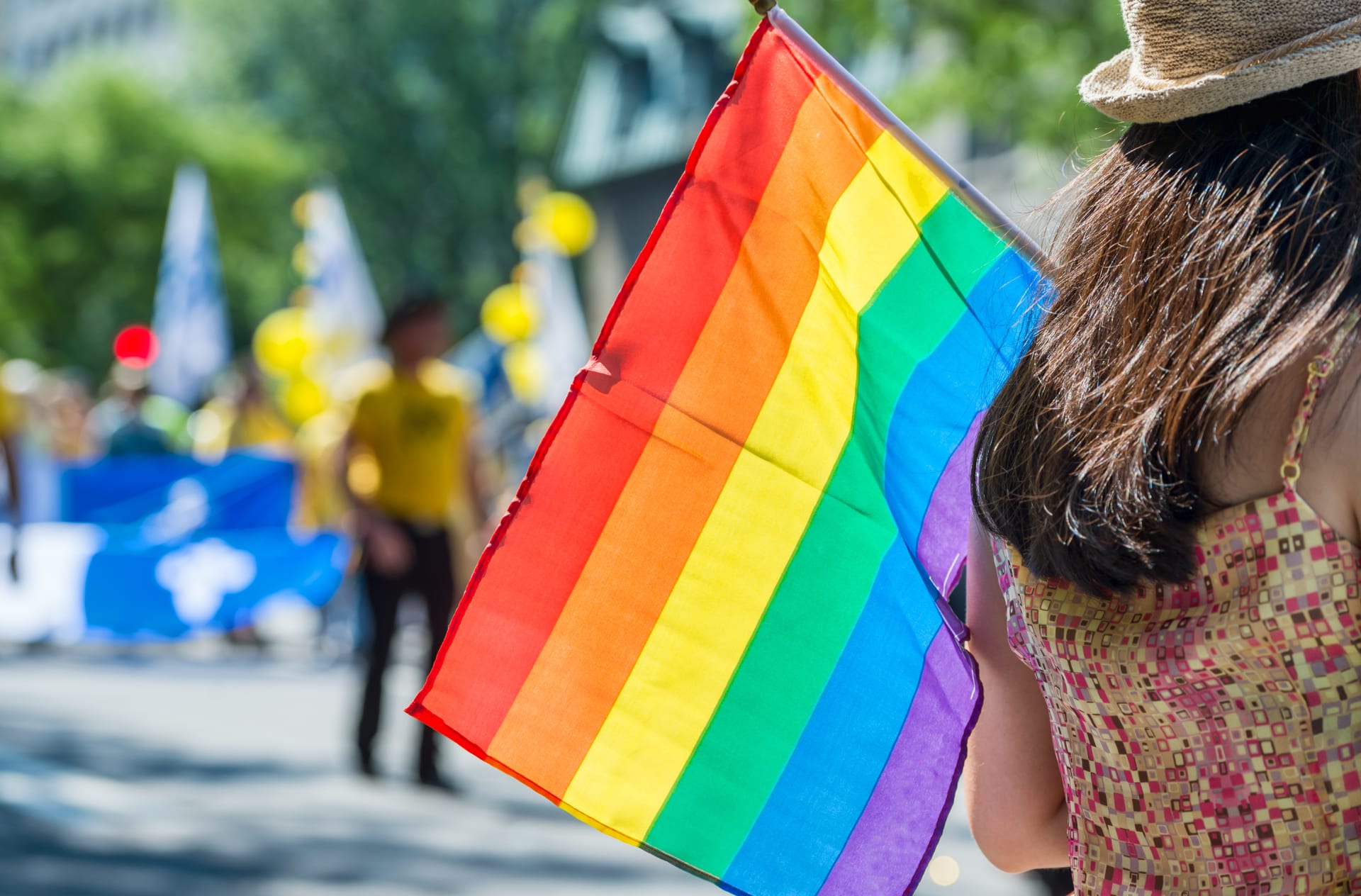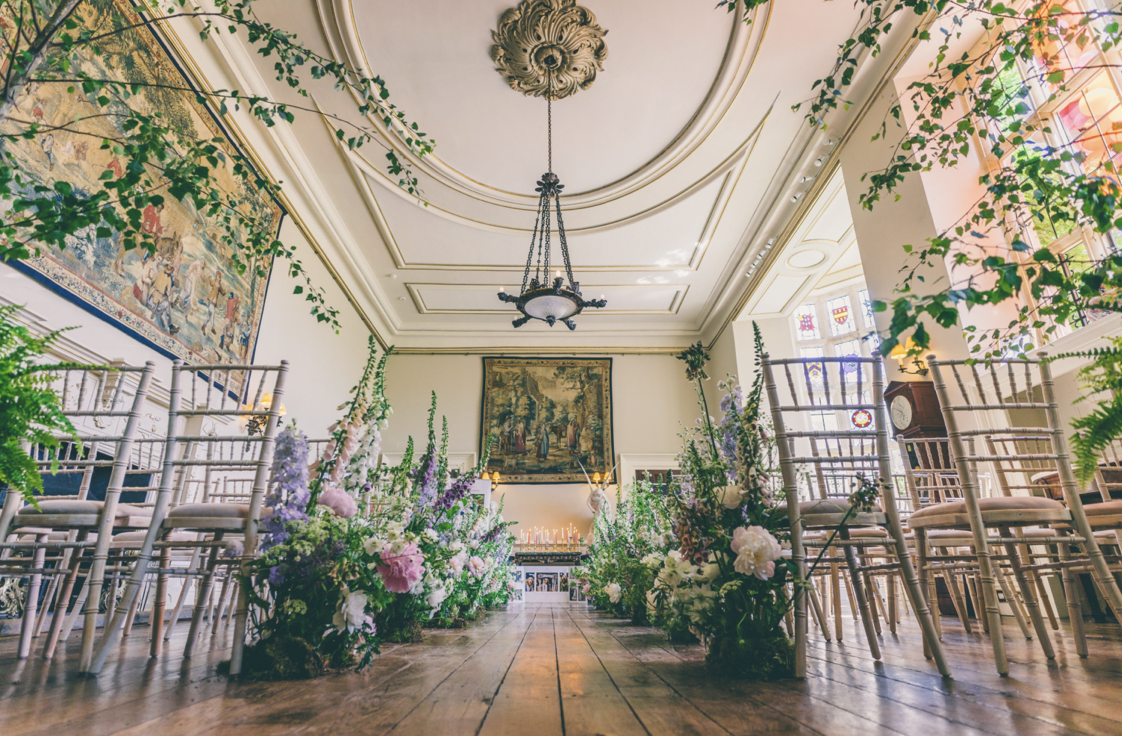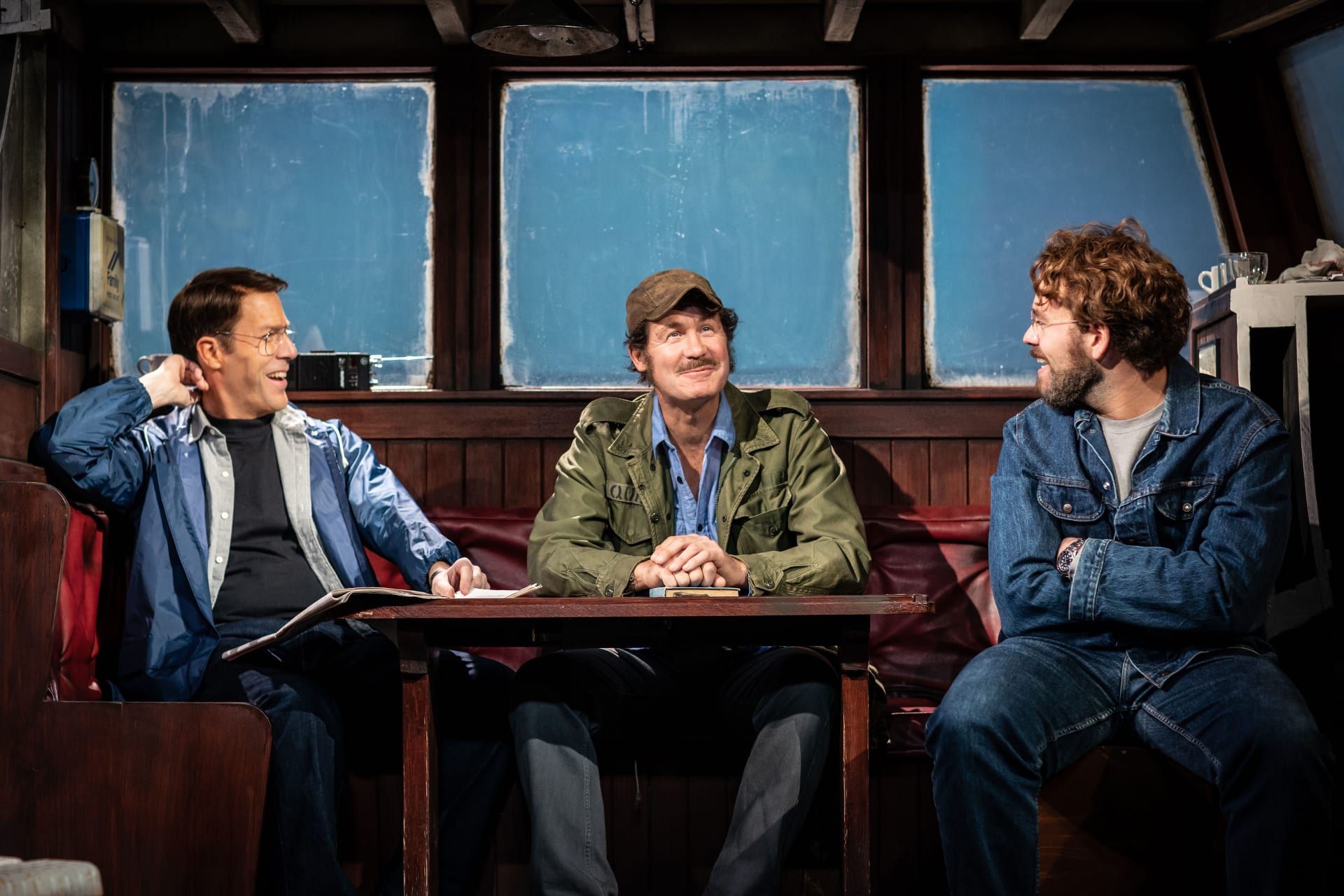February is LGBT+ History Month in the UK. As an activist who studied history at Oxford and a self-confessed geek, this month normally fills me with joy.
I was at secondary school from 1996 to 2003, just as the era of Section 28 was coming to an end. Section 28 was repealed in England in 2003, having been enacted in 1988. It prohibited the discussion of LGBTQ+ issues in schools. This meant that none of the sex and relationships classes I had ever helped me understand being gay.
The situation now is different. LGBT+ History Month is celebrated in many schools, with LGBTQ+ components incorporated into teaching. Before the coronavirus pandemic, I would often be invited to speak in schools.
This year LGBT+ History Month has adapted. Events have moved online and there are no school visits taking place. If you are a parent and are looking for ways in which to make home schooling more interesting, I recommend checking out the LGBT+ History Month website (lgbtplushistorymonth.co.uk). This is aimed at all ages and includes teaching resources as well.
Some LGBTQ+ charities, such as Stonewall, have also created specific LGBTQ+ learning packs during the pandemic to help pupils, teachers and parents. More than 10,000 of Stonewall's packs had already been downloaded by the summer of 2020. There is lots of information on stonewall.org.uk but some of it is only available where a school has signed up to become a Stonewall School Champion.
Teachers are under extraordinary stress at the moment, but it is worth asking your child’s school if they are signed up with Stonewall or another LGBTQ+ organisation. There are several other LGBTQ+ charities working in this area and they may also have teaching resources available.
LGBT+ History Month may have changed, but it remains just as important as ever. Indeed, those struggles in the past may very well help us to deal with the present, or even inspire us to rise above our everyday struggles to imagine better times.
Follow Philip on Instagram: @philipcbaldwin









